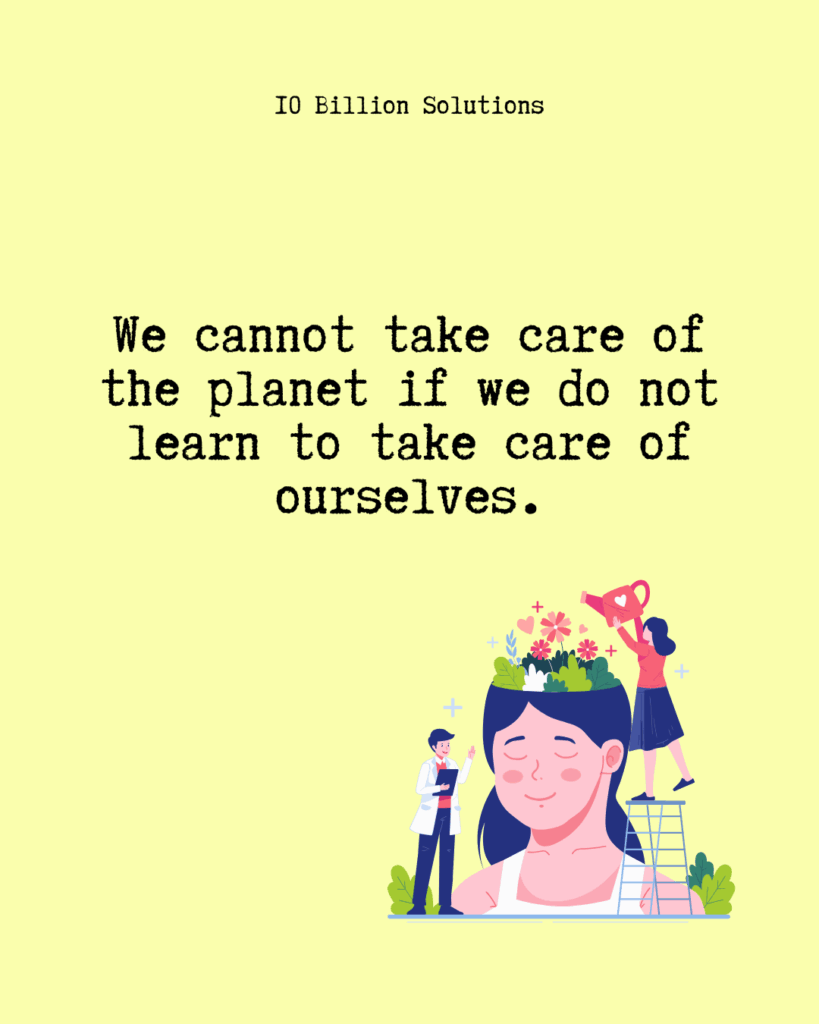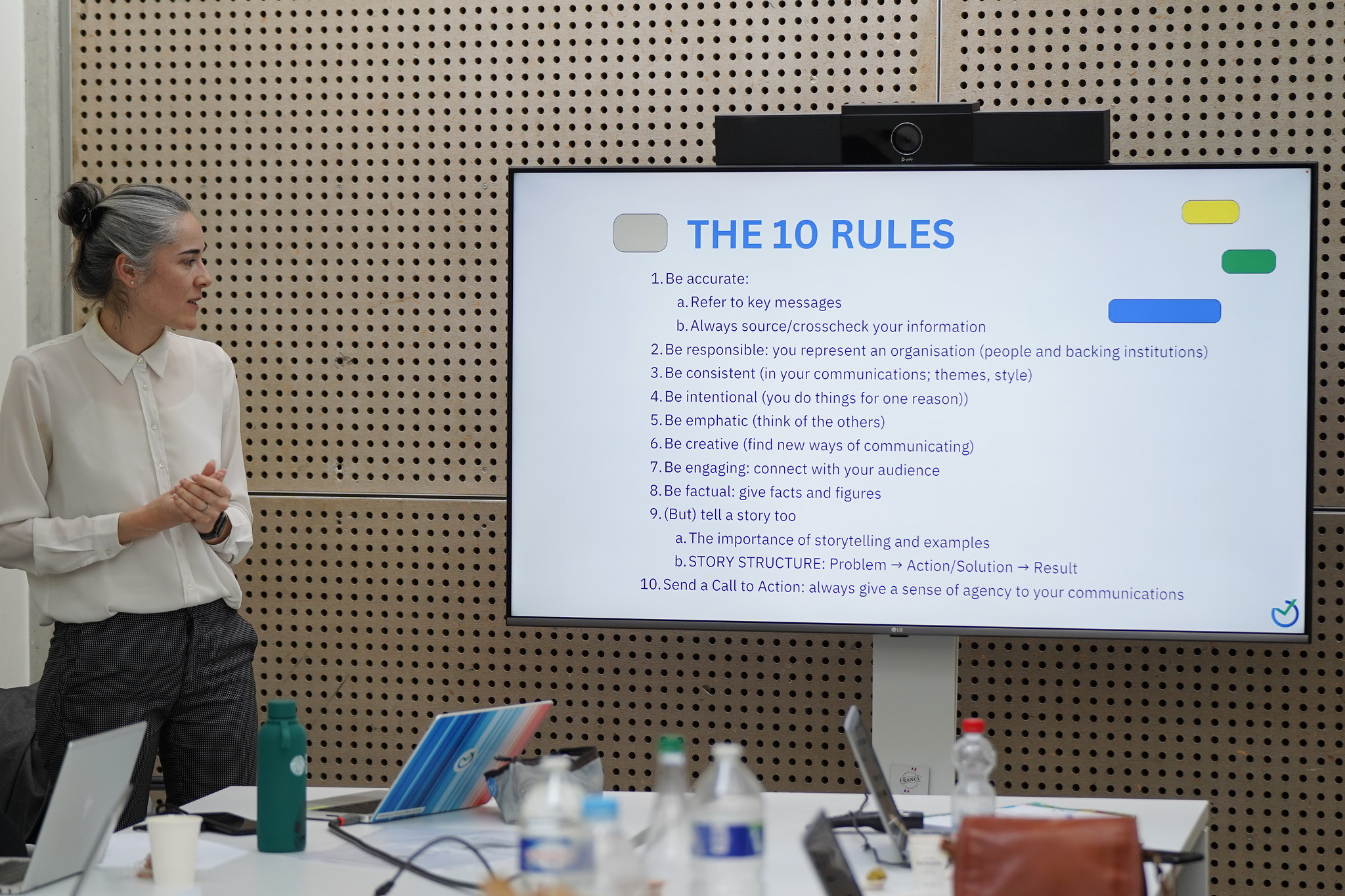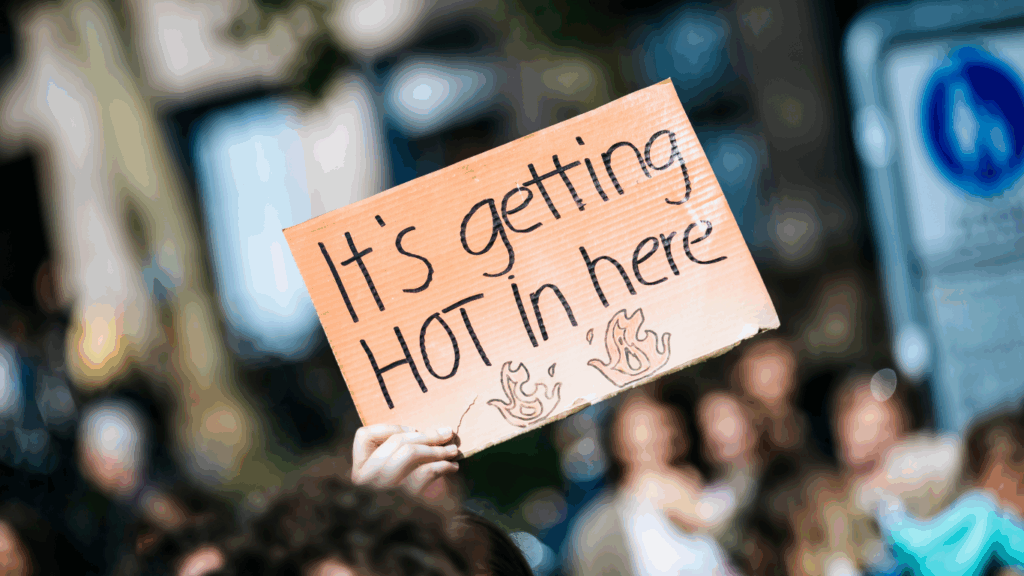Mental health in disasters, eco-anxiety and resilience
10 October marks World Mental Health Day, with the theme Access to mental health services during disasters and emergencies. The World Federation for Mental Health and the UN emphasise that in contexts of conflict, natural disasters or health crises, access to mental health services should not be considered a luxury, but a priority.
Emergencies not only destroy infrastructure, but also fragment lives. According to the WHO, in emergency situations, around 22% of those affected may develop depression, anxiety, post-traumatic stress disorder or other psychiatric problems.
Every crisis, whether it be a pandemic, war, flood or cyclone, is accompanied by a psychosocial emergency. If we do not strengthen ourselves mentally, we run the risk of becoming more vulnerable to disaster than to adversity.
The link between climate change and mental health

Climate change not only threatens ecosystems, it also affects our psychological well-being. The term eco-anxiety describes the distress, fear or constant concern about environmental degradation. It has been observed that heat waves, droughts, forest fires and other extreme phenomena increase cases of anxiety, insomnia, discouragement and depression.
Recent surveys show that more than half of young people feel powerless in the face of the climate crisis and perceive that their governments are not doing enough. Added to this is solastalgia, a type of environmental grief that particularly affects those who have seen their natural environment transformed by human causes or disasters.
Eco-anxiety is not a pathology, but a legitimate response to concern for the planet. But if left unaddressed, it can become a factor of emotional exhaustion that slows down action and hope.
Taking care of ourselves to act better
Faced with this reality, it is essential to recognise mental health as part of climate action. We cannot take care of the planet if we do not learn to take care of ourselves. What can we do about this?
- Recognise the discomfort: Accepting environmental distress is the first step in managing it. Naming what we feel allows us to seek help and share it.
- Strengthen support networks: Participating in environmental groups, communities or initiatives creates a sense of belonging and reduces feelings of helplessness.
- Practise self-care: Incorporating habits such as rest, conscious breathing, exercise or digital detoxes helps maintain emotional balance.
- Ensure access to professional support: In emergencies and disasters, mental health services must be integrated into humanitarian and climate responses from the outset.
- Incorporate mental health into climate adaptation: Resilience to climate change is not only technical or economic. It also depends on people’s emotional and social well-being.
Caring for the mind is not a distraction from the climate struggle; it is an essential part of it. Only if we are well can we sustain the action and hope that this time demands.
10 Billion Solutions and communication as a tool for change
In a world heading towards 10 billion inhabitants, the climate crisis and the mental health crisis cannot be addressed separately. At 10 Billion Solutions, we work to strengthen communication about sustainability and climate change from a human perspective.
Through Academy training and communication tools, we help individuals and organisations tell stories that generate connection, resilience and action.
Good communication is also caring: caring for the collective mind that sustains the transformation towards a fairer, greener and healthier future for all.





